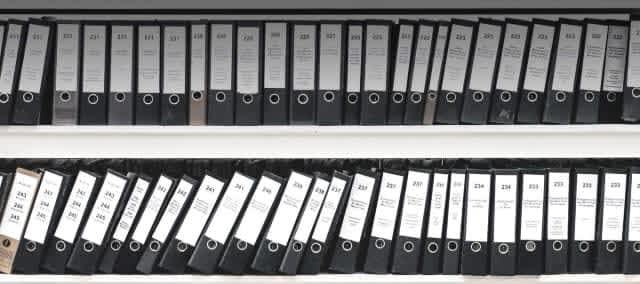If you’re aged 55 or over, you can get free guidance from the government service Pension Wise. The service provides help over the phone or face to face, with everyone entitled to one free session on what they can do with their pension pot, how to shop around, and what to look out for with taxes and fees. However, if you want advice and recommendations that are specifically tailored to your individual circumstances, you’ll need help from a professional financial adviser.
Why get pension advice?
One of the main issues with pensions is that lots of us start paying into pension plans when we’re younger, but then fail to check on how our retirement savings are doing.
Michelle Gribbin, Chief Investment Officer at Profile Pensions, says: “For example, if you took out a pension with a financial adviser in the 1980s or 90s through a bank and that bank now no longer provides advice, nobody’s going to contact you to give you ongoing reviews. Pensions are often seen as being so far in the future that people often forget about them, particularly if no-one is actively there to help them and give them continuing support.
“Reviewing your pension is important for lots of reasons, but one of the main ones is to help you work out whether you’re paying in enough. People often need someone to tell them they need to increase the amount they’re paying in, or that they’re on the right track.”
Pension advice matters
Getting an adviser to review your retirement savings and investigate whether making changes could improve your pension could make a real difference to the amount you end up with at retirement.
According to the International Longevity Centre’s report ‘Revisiting the Value of Financial Advice’, the average UK consumer who takes financial advice will increase their wealth by £30,991*.
“For example, there are lots of reasons why customers may be better off if they switch a pension,” says Hancock. “One is consolidation, so if they’ve got more than one pension they might find it easier to manage them if they’re all transferred into the same pot.”
On average people have 11 jobs in their lifetime**, and with each of these could have joined the company pension scheme, or may have set up different private pensions if working for themselves.
Transferring your pensions could not only help you keep track of your savings but may also reduce the amount you pay in charges. Pension fees have changed over time, so pensions tend to be cheaper nowadays and people can often save money by moving them into a different plan. We’re able to improve 91% of the old pensions we review***.
In addition, lots of older pensions are closed plans, so customers can no longer make contributions. Switching to another plan may enable you to top up your retirement savings so that hopefully you may end up with a bigger pension pot at retirement.
Gribbin says: “Some people may also be in an underperforming pension fund or they may be invested somewhere that’s very high risk that they weren’t aware of. We give an ongoing advice service to check that their pension is performing in line with their expectations.”
We can check whether you’re taking the right level of risk with your pension for your age and circumstances, as the pension investments you might have chosen several years ago might no longer be appropriate for your needs. Over half our customers (52%) with unit-linked pensions reviewed between January and July last year were in the wrong investment which didn’t match their risk level****.
Of course, there will be many cases when transferring a pension may not be appropriate, for example, if you have a final salary scheme, and would lose out on a guaranteed level of pension in the future. Some pensions may also charge steep exit penalties which may outweigh the benefits of transferring, which is why seeking professional advice is so important.
To see benefits of pension advice sign up today.



